
Filter News
Area of Research
- Biological Systems (1)
- Biology and Environment (63)
- Biology and Soft Matter (1)
- Computational Biology (1)
- Energy Science (24)
- Fusion and Fission (4)
- Materials (10)
- Materials for Computing (2)
- National Security (11)
- Neutron Science (8)
- Nuclear Science and Technology (5)
- Quantum information Science (2)
- Supercomputing (18)
News Type
News Topics
- (-) Advanced Reactors (12)
- (-) Bioenergy (68)
- (-) Biology (80)
- (-) Microscopy (23)
- (-) Molten Salt (2)
- (-) Security (16)
- (-) Software (1)
- 3-D Printing/Advanced Manufacturing (56)
- Artificial Intelligence (77)
- Big Data (45)
- Biomedical (42)
- Biotechnology (25)
- Buildings (30)
- Chemical Sciences (35)
- Clean Water (16)
- Composites (11)
- Computer Science (111)
- Coronavirus (19)
- Critical Materials (5)
- Cybersecurity (14)
- Education (2)
- Emergency (3)
- Energy Storage (32)
- Environment (116)
- Exascale Computing (51)
- Fossil Energy (6)
- Frontier (44)
- Fusion (38)
- Grid (32)
- High-Performance Computing (81)
- Hydropower (6)
- Isotopes (33)
- ITER (4)
- Machine Learning (37)
- Materials (51)
- Materials Science (55)
- Mathematics (8)
- Mercury (7)
- Microelectronics (3)
- Nanotechnology (17)
- National Security (60)
- Neutron Science (82)
- Nuclear Energy (66)
- Partnerships (36)
- Physics (34)
- Polymers (9)
- Quantum Computing (35)
- Quantum Science (48)
- Simulation (42)
- Space Exploration (13)
- Statistics (2)
- Summit (40)
- Transportation (30)
Media Contacts
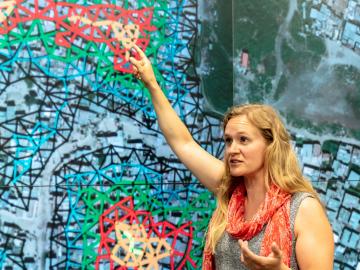
Unequal access to modern infrastructure is a feature of growing cities, according to a study published this week in the Proceedings of the National Academy of Sciences
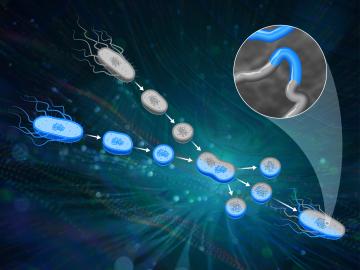
ORNL scientists had a problem mapping the genomes of bacteria to better understand the origins of their physical traits and improve their function for bioenergy production.
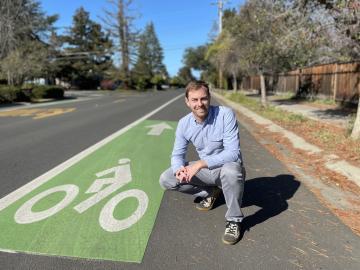
David McCollum is using his interdisciplinary expertise, international networks and boundless enthusiasm to lead Oak Ridge National Laboratory’s contributions to the Net Zero World initiative.
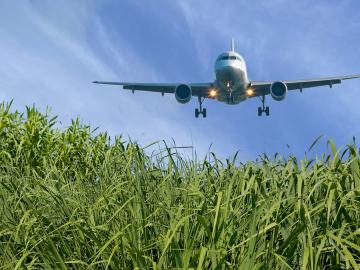
The rapid pace of global climate change has added urgency to developing technologies that reduce the carbon footprint of transportation technologies, especially in sectors that are difficult to electrify.
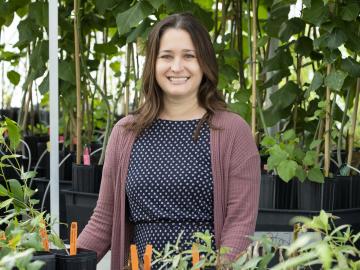
The Center for Bioenergy Innovation at ORNL offers a unique opportunity for early career scientists to conduct groundbreaking research while learning what it takes to manage a large collaborative science center.
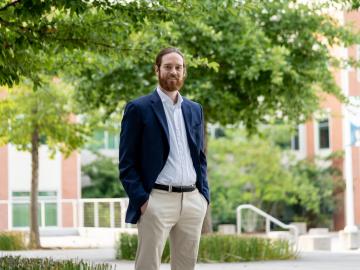
Bryan Piatkowski, a Liane Russell Distinguished Fellow in the Biosciences Division at ORNL, is exploring the genetic pathways for traits such as stress tolerance in several plant species important for carbon sequestration
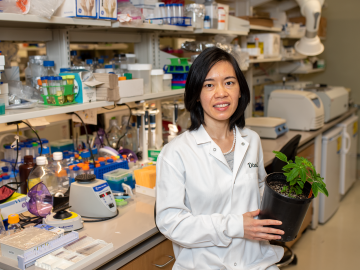
A team of researchers working within the Center for Bioenergy Innovation at ORNL has discovered a pathway to encourage a type of lignin formation in plants that could make the processing of crops grown for products such as sustainable jet fuels easier and less costly.

Surrounded by the mountains of landlocked Tennessee, Oak Ridge National Laboratory’s Teri O’Meara is focused on understanding the future of the vitally important ecosystems lining the nation’s coasts.
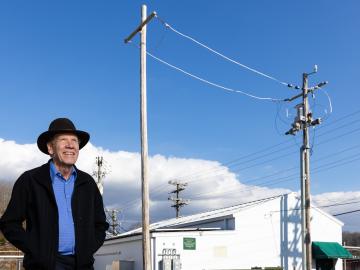
Bruce Warmack has been fascinated by science since his mother finally let him have a chemistry set at the age of nine. He’d been pestering her for one since he was six.

A team of scientists led by the Department of Energy’s Oak Ridge National Laboratory and the Georgia Institute of Technology is using supercomputing and revolutionary deep learning tools to predict the structures and roles of thousands of proteins with unknown functions.


